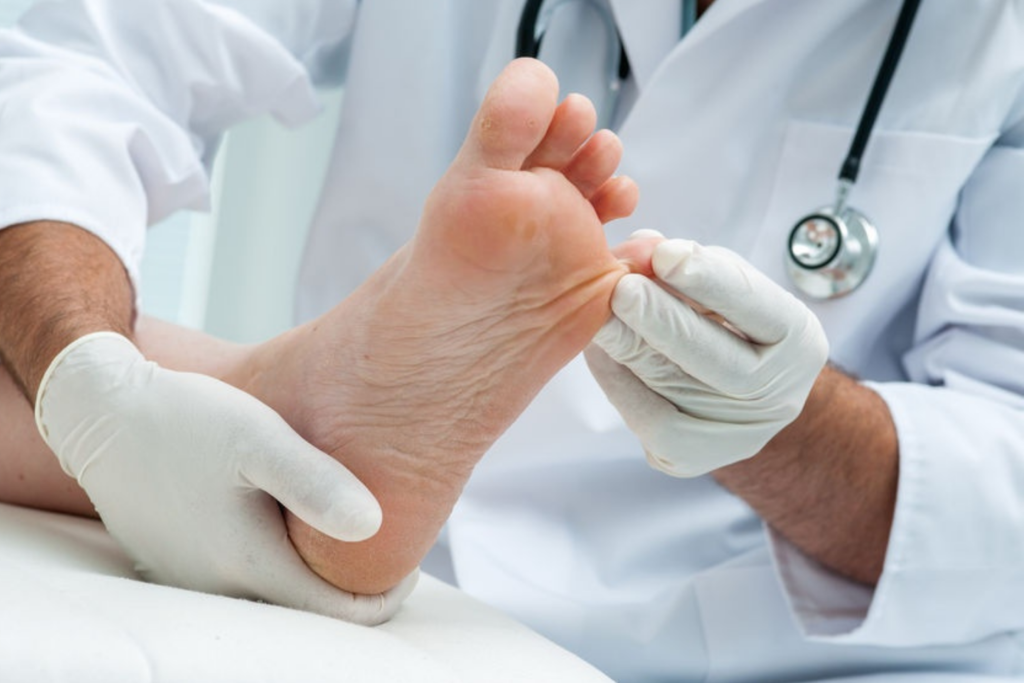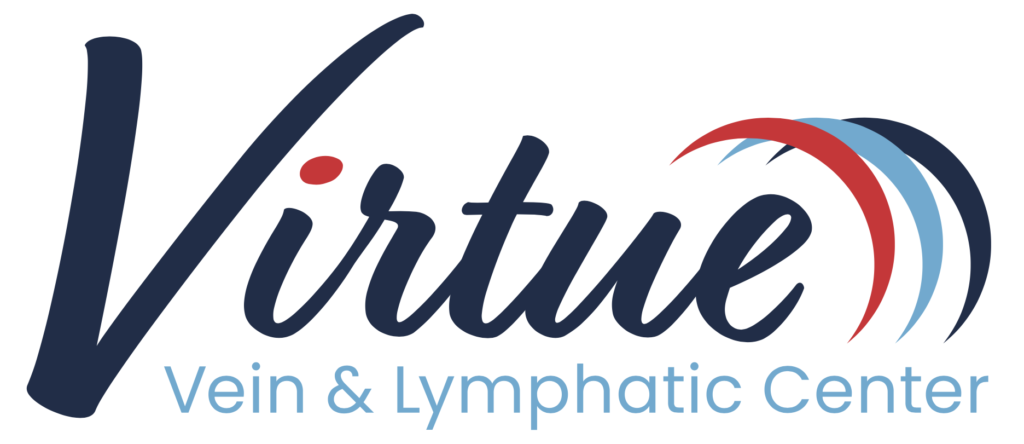Limb Preservation
A Simple Diagnostic Test Could
Save Your Arm Or Leg From Amputation
Do I Really Need an Amputation?
For some injuries and medical conditions, an amputation is the only option. But nearly half of all people who are told they need an amputation do not get a simple diagnostic test – an angiogram – to determine if it’s possible to preserve their arm or leg. The angiogram will tell us if you have a blockage in an artery preventing your arm or leg from getting enough blood to survive. If we can fix the blockage, you may be able to heal rather than have an amputation.
Find the Blockage, Heal the Limb
We start with the arteriogram to determine if limb preservation is possible. If we find a blockage, we can clear it and put a stent in your artery to maintain blood flow. Then, we bring in a multidisciplinary team to heal your damaged limb. Your team may include a radiologist, interventional cardiologist, podiatrist, wound care physician, your primary care physician, and our vascular specialists.
We Are Passionate About Preserving Your Limb
Dr. Krikorian is a CLI Fighter – a member of the CLI Global Society, which has a mission to improve quality of life by preventing amputations and death due to Critical Limb Ischemia (CLI). He is passionate about saving limbs because, following an amputation, there is a 50% chance of dying within five years. An amputation brings on physical, psychological, emotional, and financial setbacks that are difficult to overcome. Saving a limb brings a 50% chance of saving a life.
We also offer our patients the latest and greatest procedure in limb preservation called Deep Vein Arterialization (DVA). This procedure helps treat blockages in lower leg arteries. These types of blockages are a key cause of non-healing foot wounds that may otherwise lead to amputation. Many patients, like those with chronic kidney disease or diabetes, are not good candidates for traditional surgery. But DVA, a minimally invasive procedure, takes the patient’s own vein and turns it into an artery, restoring blood flow to the foot and helping to prevent limb loss.

If You’ve Been Told You Need an Amputation, Please See Us First
"I am a passionate CLI Fighter, who will do everything I can to save your limb, so you can live longer and enjoy a better quality of life." – Dr. Raffi Krikorian
Get Treated Sooner
Because we’re highly specialized, with seven treatment locations in the St. Louis area, we’re able to schedule your exam and treatment much sooner than other facilities. Call us at 314-956-1818 or complete this contact form to get started.
Schedule a Consultation
What To Expect
Consultation
Dr. Krikorian will do a full examination, order a quick ultrasound, and perform a pressure test, all on your legs. He may start you on new medications and schedule a stent placement or other procedure if he determines you have CLI.
Procedures
CLI is an urgent condition, so we normally schedule the procedures for it within 1-5 days after the diagnosis.
Additionally, we offer a procedure called Deep Vein Arterialization (DVA) for our no option patients.
Recovery
You will have lifting restrictions for 5-7 days. If you need more than one procedure, your recovery may be different. We will let you know what to expect once you have your diagnosis.

"No More Pain"
MaryAnn R.

"I Walked 2 Miles the Next Day!"
Shirley M.

"They Listen Very Well!"
Jeff K.

"Very Knowledgable!"
Happy Patient

"My Leg is Feeling So Much Better!"
Marlene G.
Limb Preservation FAQ
It’s a diagnostic procedure that gives us an image of your arteries. We inject a contrast dye into your blood vessels, so we can see if there’s a blockage. We’re able to treat most blockages with a stent.
Treatment is covered by the majority of insurance plans. We will contact your insurance prior to any testing or procedures to verify coverage.
This can vary between individuals. Dr. Krikorian will discuss your specific condition and potential outcome with you.
Yes. We will absolutely share any test results and discuss our plans with your doctor.
That is our goal, but this varies between individuals. Obviously, we cannot guarantee it, but some patients regain complete normal function, others regain use, but not complete function.

